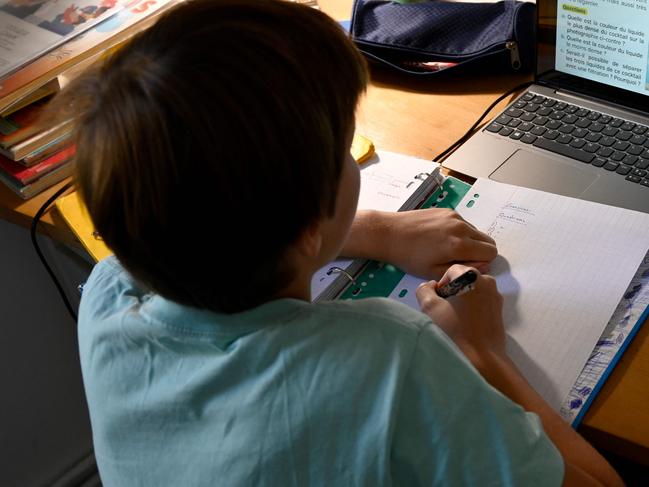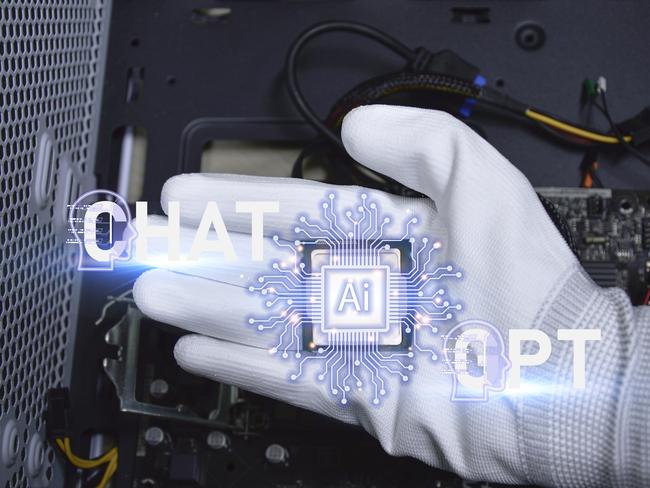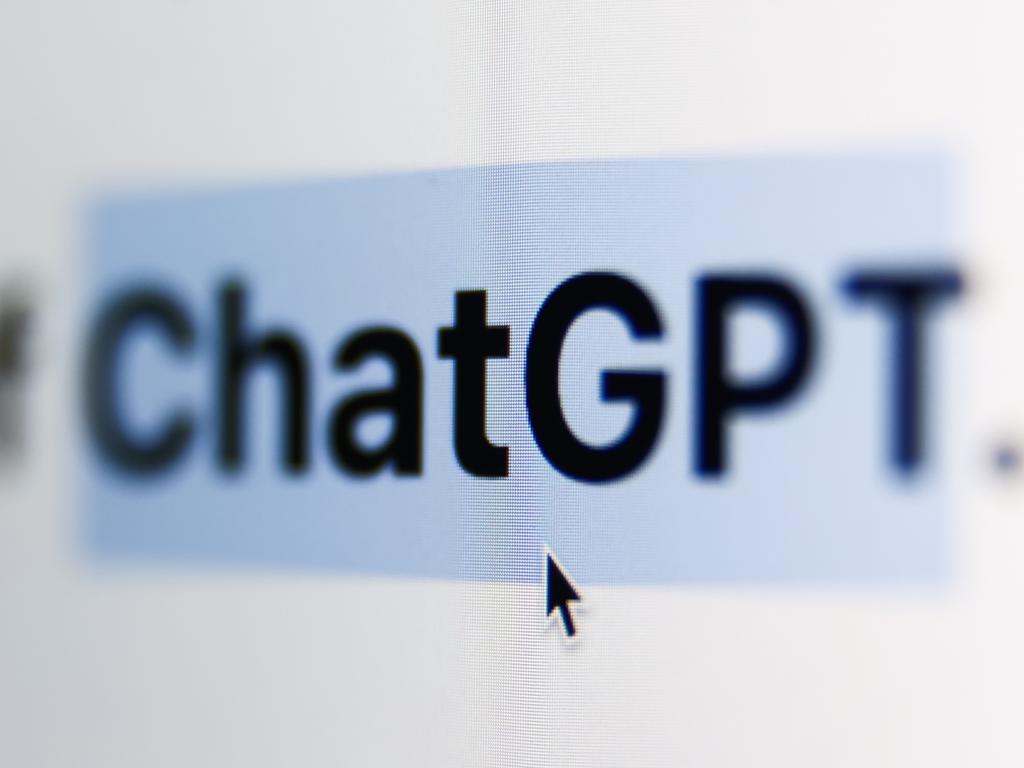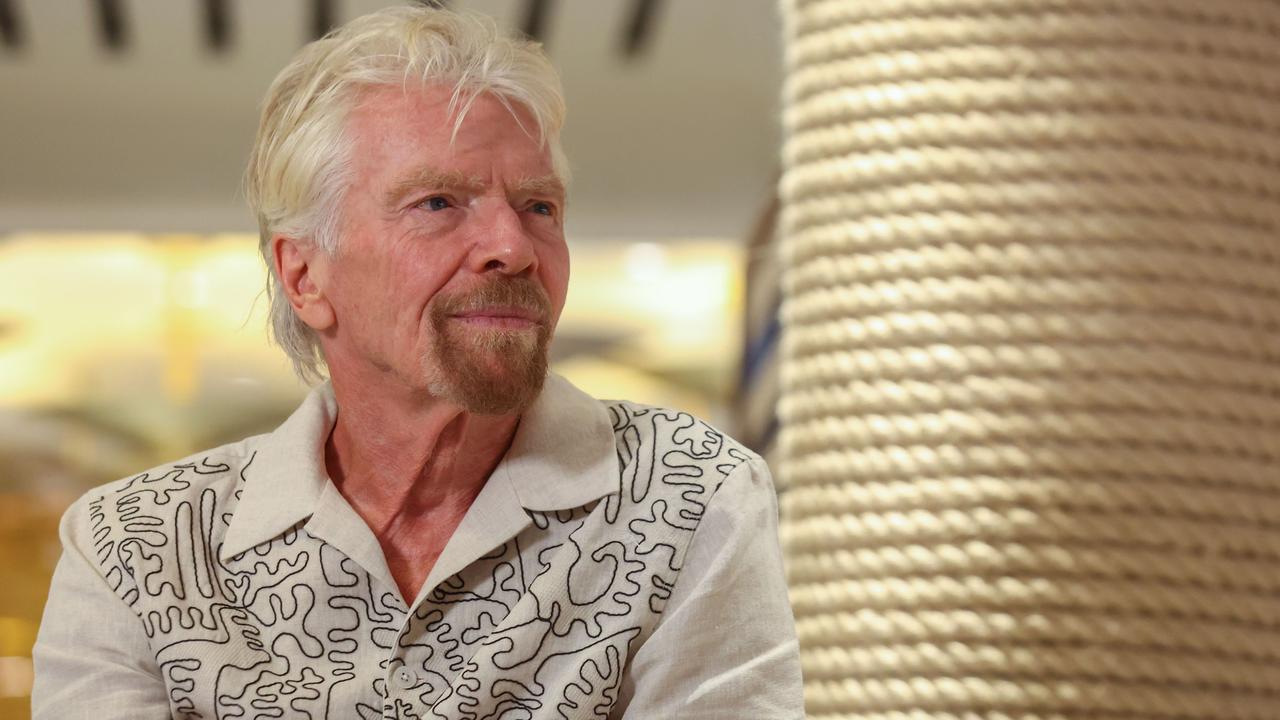Chatbots spell future of love and friendships, says AI expert
AI is advancing at such a pace that people will soon be having affairs with computers, a university researcher predicts.

Artificial intelligence is advancing at such a pace that people will soon be having affairs with computers, a Cambridge University researcher has predicted.
Already apps exist such as Replika, which says it uses AI to create companions that are “always here to listen and talk, always on your side”.
According to Dr Henry Shevlin, of the Leverhulme Centre for the Future of Intelligence at Cambridge University, such services will become more sophisticated and increasingly popular.

“Currently, these are really niche applications,” he said. “But I think it’s incredibly likely that over the next two to three years, that this stuff moves into the mainstream, both at the level of friendship and of romance.
“Imagine a sexually frustrated partner in a marriage, who might otherwise be tempted to go on to OnlyFans [a website used for pornography] or even cheat on their partner. If they could have relatively harmless erotic role play with a bot – could that actually be the less harmful option for them?”

It is nearly a decade since Scarlett Johansson and Joaquin Phoenix starred in Her, a film about a lonely bachelor who falls for an AI. Debates over how we will use the technology gained a new urgency in November when ChatGPT was released by OpenAI, a start-up based in San Francisco.
The powerful chatbot quickly became a global sensation. Millions of people have tested its abilities to write essays, poetry and computer code. This week, researchers said it had come close to passing the medical exams that doctors must complete to practise in the United States.
ChatGPT uses what is known as a “large language model”, which means it has been fed vast amounts of text stripped from the internet.
From this it has “learnt” to construct new sentences word by word. It has no real understanding of what it is saying and is prone to making basic factual errors.
Nevertheless, Shevlin believes that similar chatbots could soon provide humans with platonic relationships.

“I’m entirely reconciled to the fact that by the time my son is 15, or 16 – he’s now nine – that some of his friends on chat apps are going to be bots,” he said.
“The kind of bots I’m imagining here will remember stuff about you – they will say, ‘Oh, hey, how was the football match you said you were going to yesterday?’ They will remember and develop this kind of personalised relationship.”
Such friendships would not be without risks. “You might worry that if your child or even an adult spends too much time talking to AI systems, they might become incapable or unwilling to have dialogue with real people,” Shevlin said.
“Because real people can be messy: they might not agree with you, they can challenge you, they can betray your secrets.

“These systems, if properly designed, will be the perfect listeners, making no demands upon us, and never forgetting our birthdays. They will cater to our whims, flatter our egos, and reassure our every fear.
“There is perhaps nothing wrong in principle with this if it remains clearly at the level of fantasy, but if it begins to displace more challenging, more meaningful, and more instructive interactions with real people, we might reasonably worry about what subtle harms it is doing to our social fabric.”
The Times






To join the conversation, please log in. Don't have an account? Register
Join the conversation, you are commenting as Logout